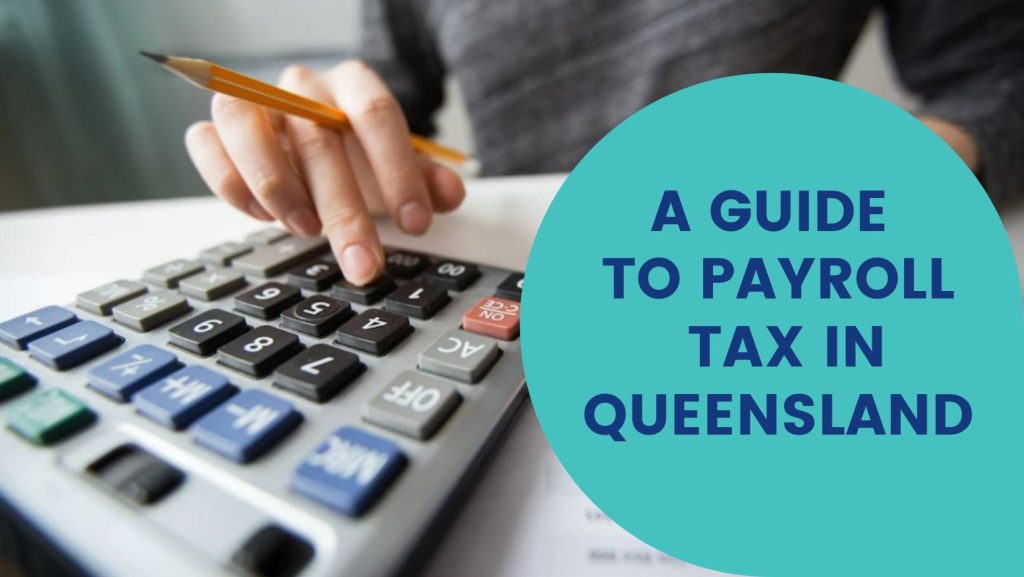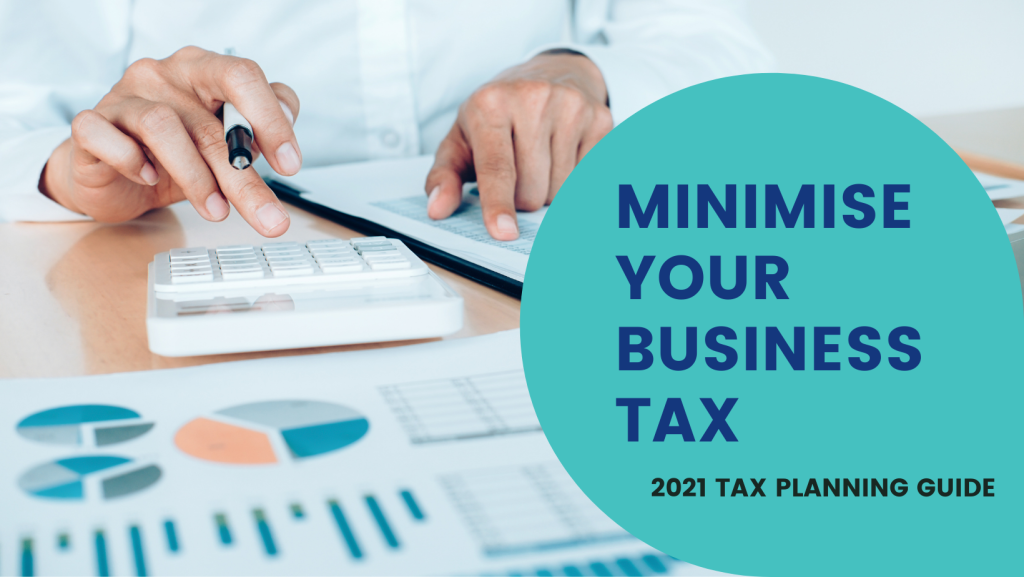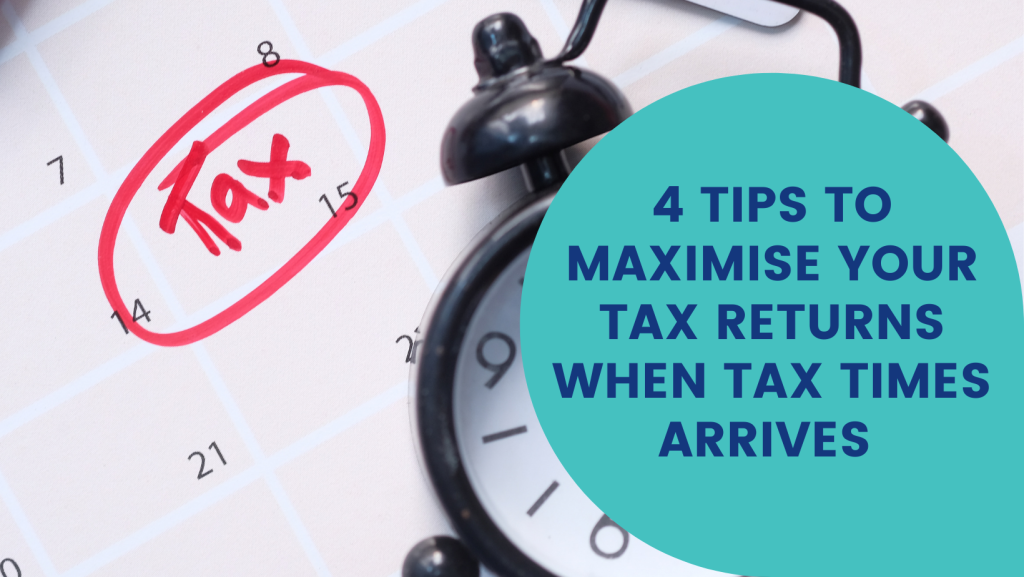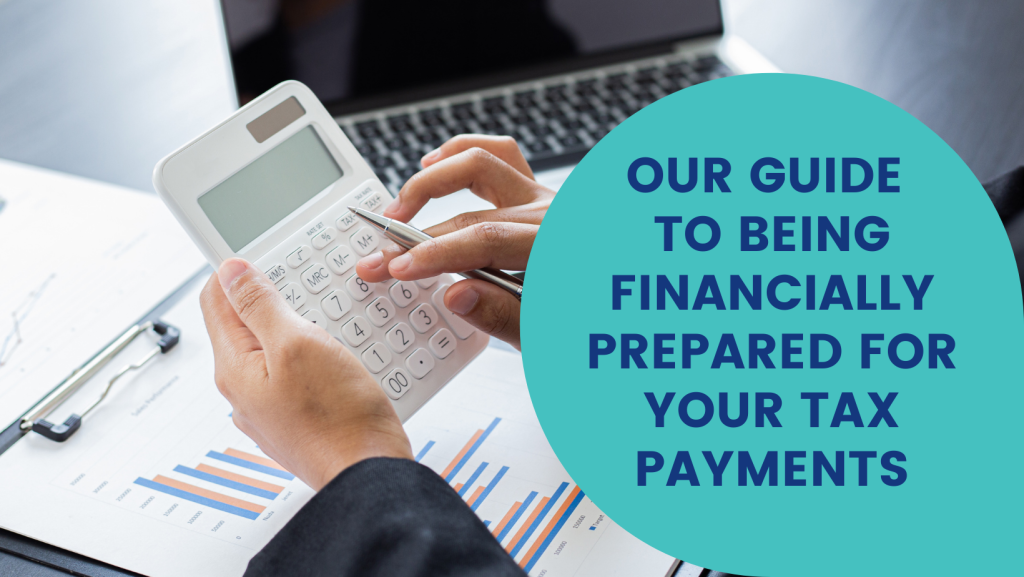If you are running a business and have employed workers and your weekly total gross wages are over $25,000 you may need to register and pay payroll tax. Each type of taxation has its own guidelines, so you’ll need to discuss your circumstances with your accountants. With this, we’ve created this basic guide to payroll tax in Queensland. Similarly, if your business employees work in other states you may need to be registered in more than one state for Payroll tax.
What is Payroll Tax?
Payroll tax is a state-based tax that you pay based on the total wages you pay to your employees. It does not include fringe benefits tax, which employers may be required to pay in addition to Payroll tax. In particular, this tax starts to apply when an employer goes over a set threshold in terms of the total wage bill. Payroll tax in Queensland is calculated on your total wage bill. The rate of payroll tax you will have to pay depends on the number of employees you have. The total wage bill includes the wages you pay to all employees with the exception of apprentices and trainees.
What Wages Fall Under Payroll Tax?
One of the most important things you’ll have to do is to check if the wages you pay fall under the payroll tax. This includes employer-paid wages or payments, including the following:
- Overtime, penalty rates, and loadings
- All personal leave payments
- Allowances and fees
- Superannuation contributions
- Payment for termination of employment
- Other payments, including commissions, bonuses, incentives, etc.
Calculating your payroll tax is not as simple as totaling up all your employee’s wages. There are some allowances that are exempt from this tax as well as regional discounts depending on the total amount of wages paid. Non-cash wages like over-wage incentives (OWI) also need to be considered. That is calculated based on an employee’s wage rate, the number of hours worked, and their agreed target amount of work.
Are There Provisions For Groups?
Because of the complexity of group provisions, you may want to discuss the exact nature of your situation with your accountant to figure out what will apply to you. However, despite the different factors, a general rule is that you will be treated as a single unit for payroll tax if your business is related or in direct connection to another one. This includes such provisions as those for corporations with boards intersecting, an individual or set of people with a controlling interest in a business, companies with employees performing duties for multiple businesses, and any person that is part of one or more groups.
Conclusion
If you are not careful in how you classify your employees, then you might end up underpaying your payroll tax. Keep this guide in mind as you work with professionals to help you get everything sorted out and pay the correct amount of payroll tax required.
If you’re looking for business accountants on the Sunshine Coast, QLD, reach out to Wardle Partners. We make business accounting easy with positive results. Contact us today!





